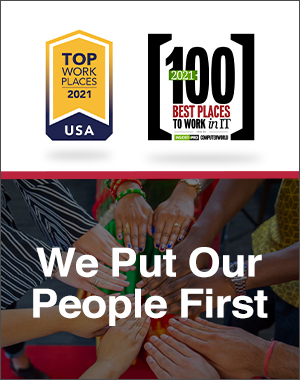
During these challenging and uncertain times that COVID-19 has caused, clinicians may find themselves asking, “Where am I able to work right now?” With states declaring emergency responses, locking down their borders, and putting out the call for help with caring for the sick, it can become very confusing if a nurse’s license is valid in other states, or they need to apply for a new license. Every nurse needs to know where they are legally able to work. This presents the question, “What lines can I cross?”
Nursing License to Cross State Lines
Most states are a part of the Enhanced Nurse Licensure Compact (eNLC), which allows nurses with an unencumbered license to cross state borders and work within the states that are a part of this compact. According to the National Council of State Boards of Nursing (NCSBN), Arizona, Arkansas, Florida, Georgia, Idaho, Iowa, Kentucky, Maryland, Mississippi, Missouri, Montana, Nebraska, New Hampshire, North Dakota, Oklahoma, South Carolina, South Dakota, Tennessee, Texas, Utah, Virginia, West Virginia, and Wyoming are part of the eNLC.
An Upgrade From the Nurse Licensure Compact
Being part of the eNLC enables nurses to have work mobility across state borders, which is helpful in times of crisis, like our current pandemic. For states to become part of the eNLC, each legislature must pass a bill in their state, agreeing to become part of the compact. The eNLC is an updated version of the Nurse Licensure Compact (NLC), which allows registered nurses (RN) and licensed vocational nurses (LVN) to practice in their home state and other NLC states without having to obtain additional licenses. RNs and LVNs living in one of these states truly have flexibility with their careers, as well as the opportunity to help people when the need arises. The current members of the eNLC can be found here. There are 33 states in which active RNs and LVNs can practice.
Check Before You Go
Nurses must keep in mind that each state has its own laws and may have secured borders at this time. The Centers for Disease Control and Prevention (CDC) recommends people research individual state and territory websites before traveling. They provided a webpage hosting the official websites for each state.
During this pandemic, certain states that are not part of the eNLC are making exceptions to emergency personnel practicing.
Knowing what state lines you can cross as a clinician is a must to make sure you stay compliant with your state board of nursing. Most states are a part of the eNLC, allowing RNs and LVNs to travel across state lines to work. States that are part of this compact give nurses flexibility in their careers, and address public safety and mobility to act when a crisis occurs.
Verifying your license is unencumbered and part of the compact before working out of your home state. Knowing what lines you can cross can make a difference in your career path, patients’ lives and addressing a global pandemic.
